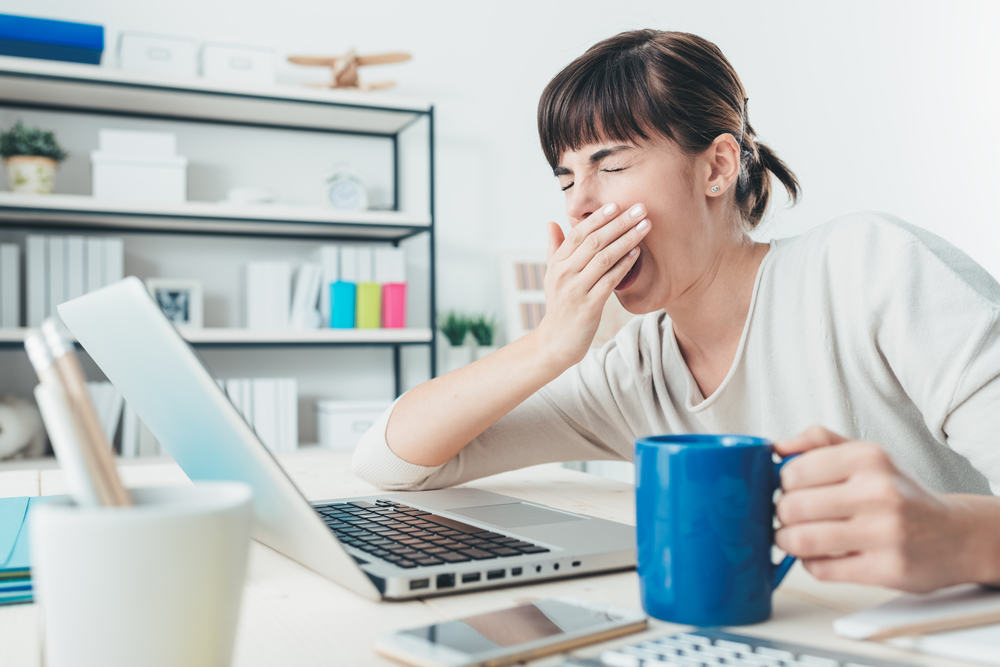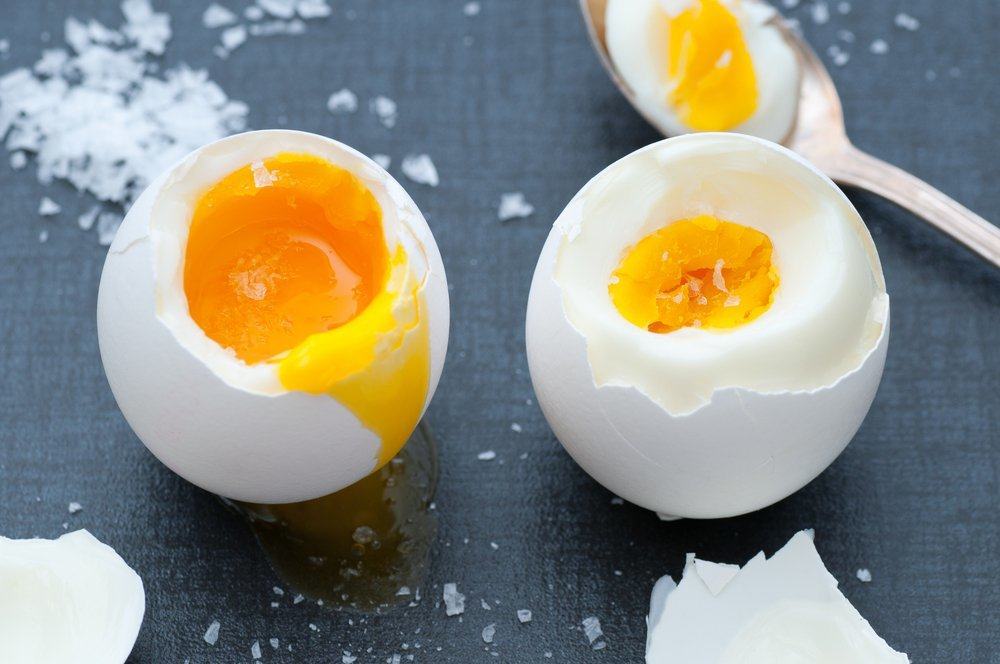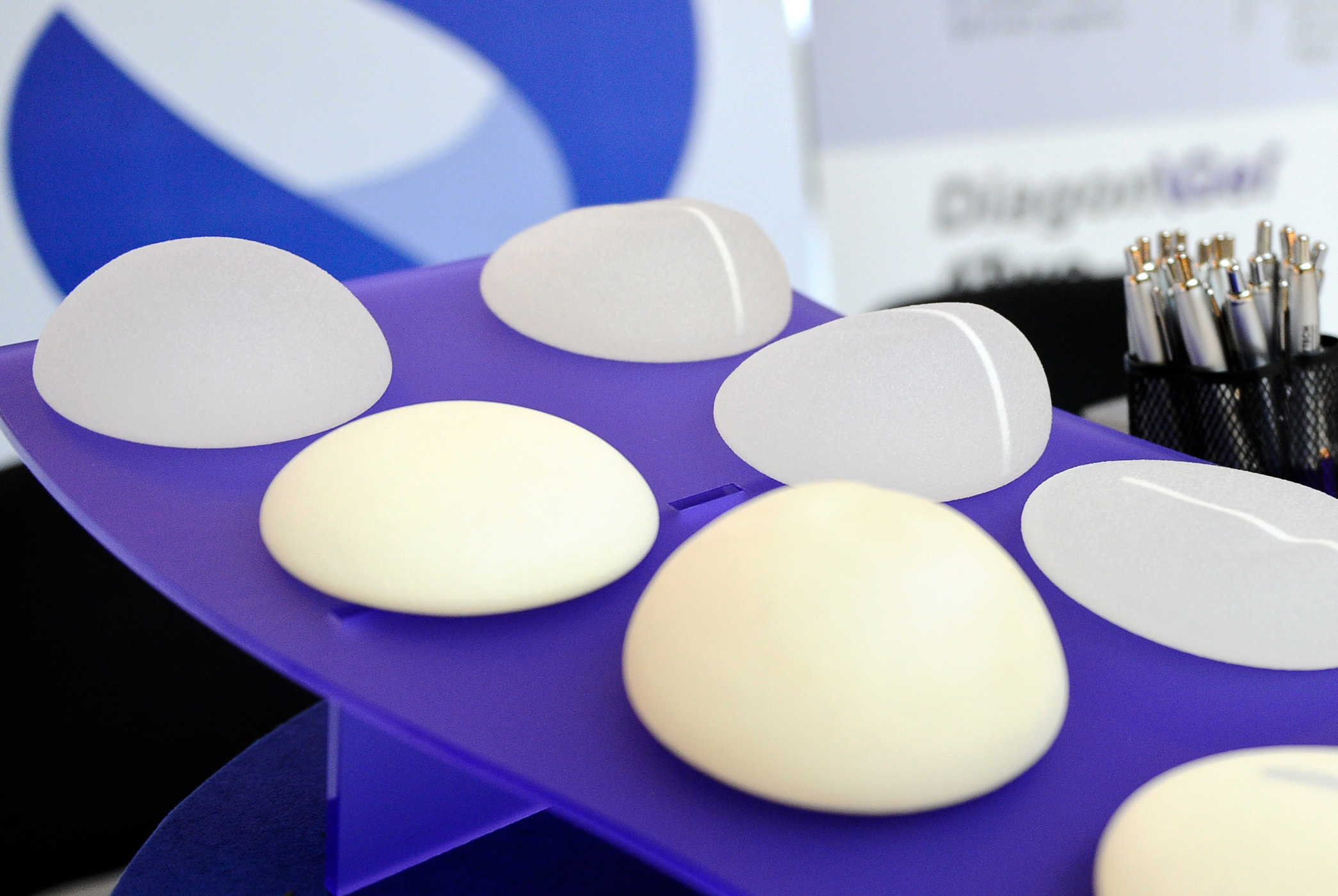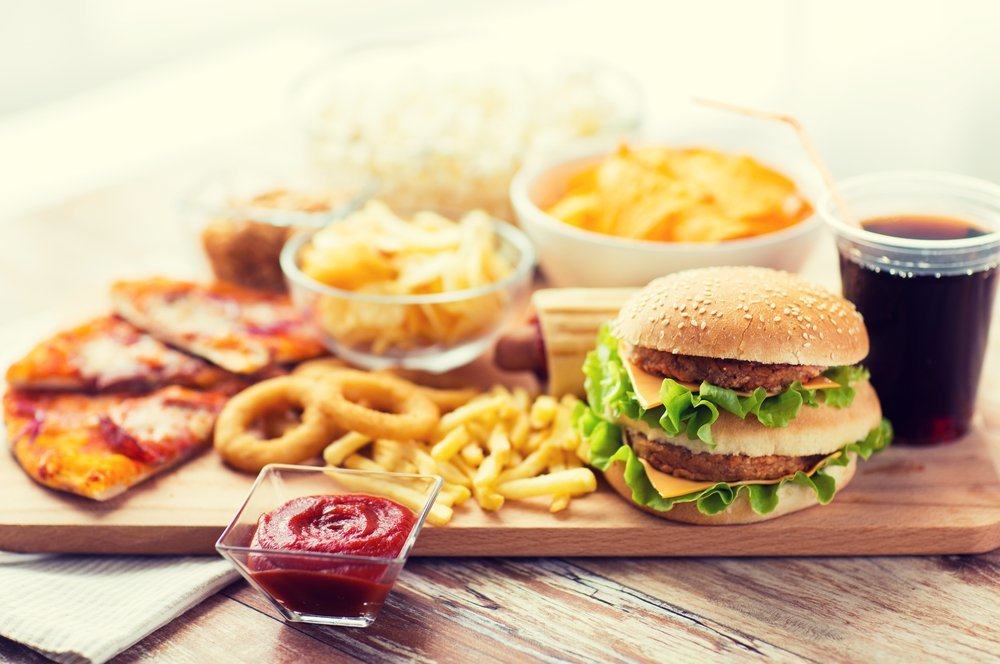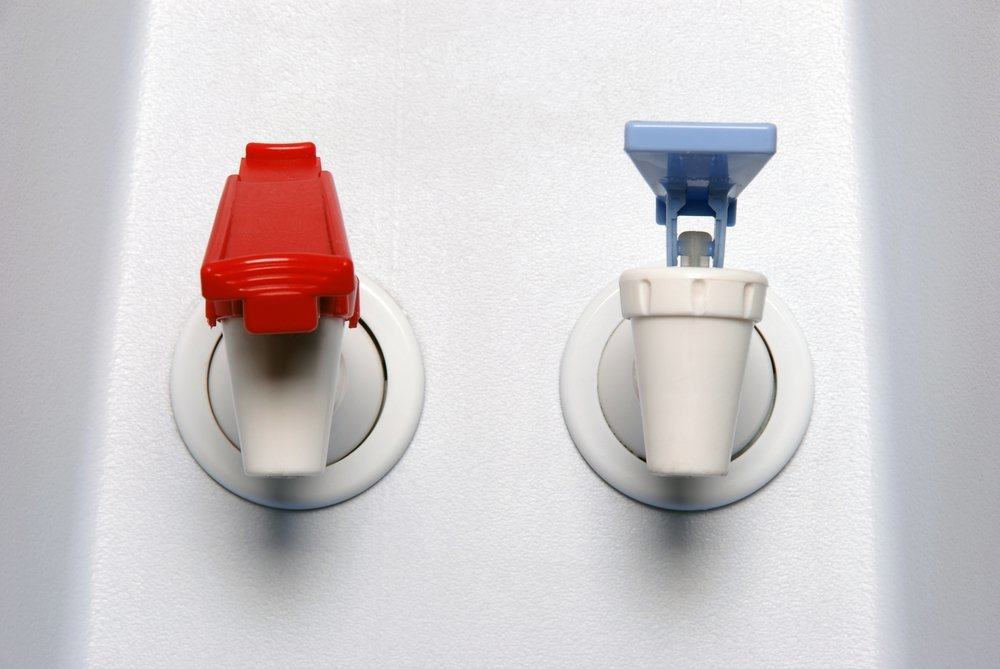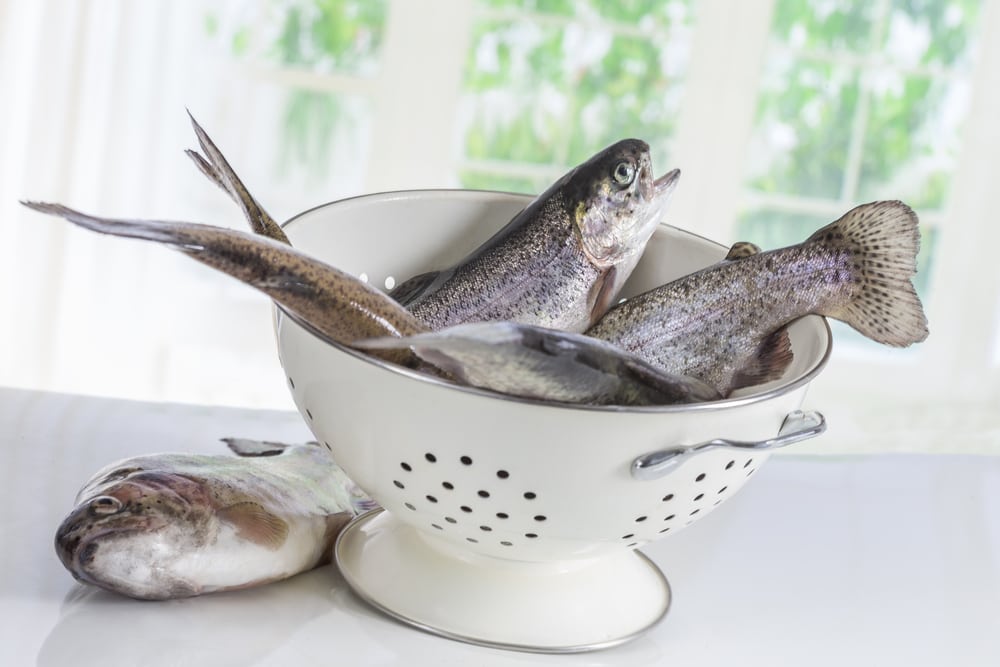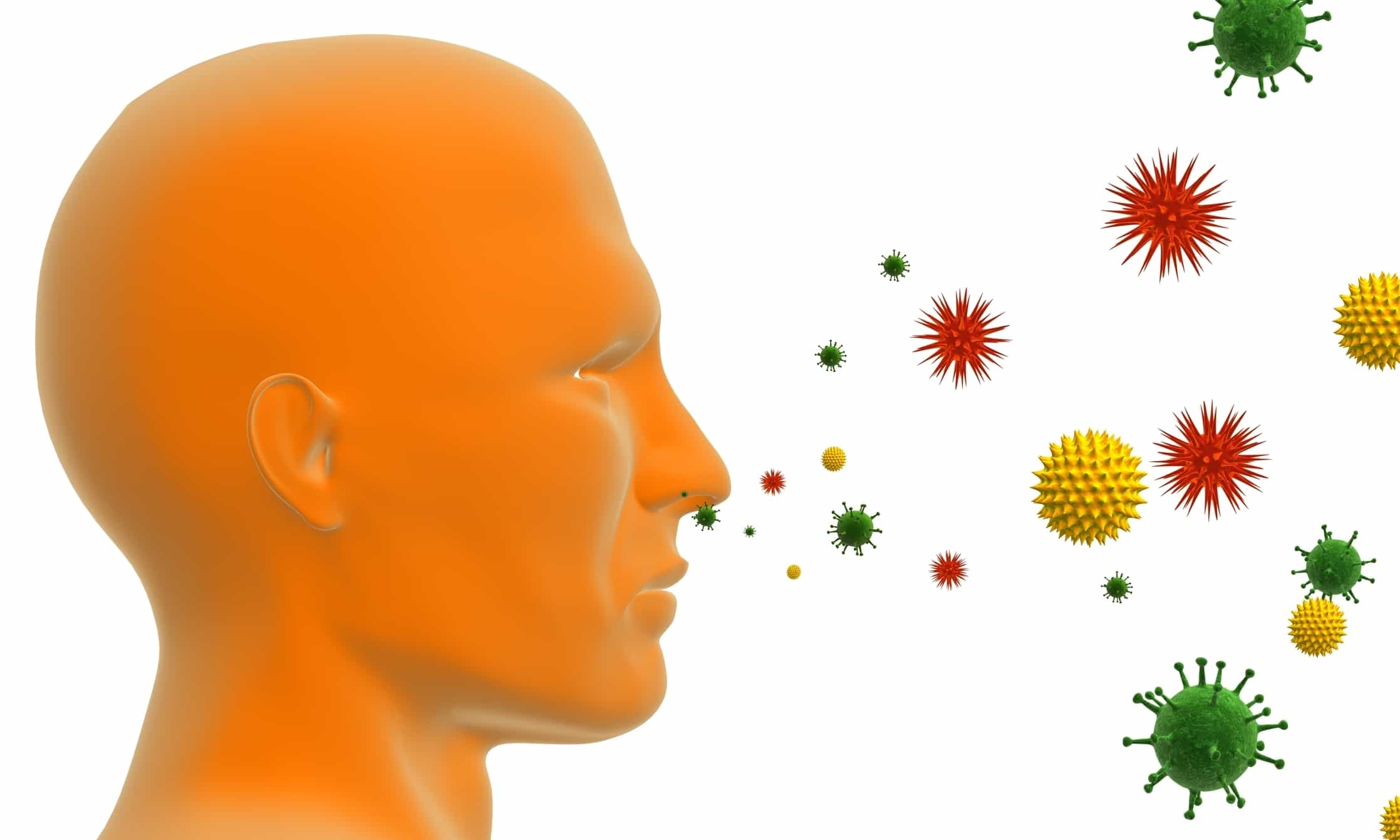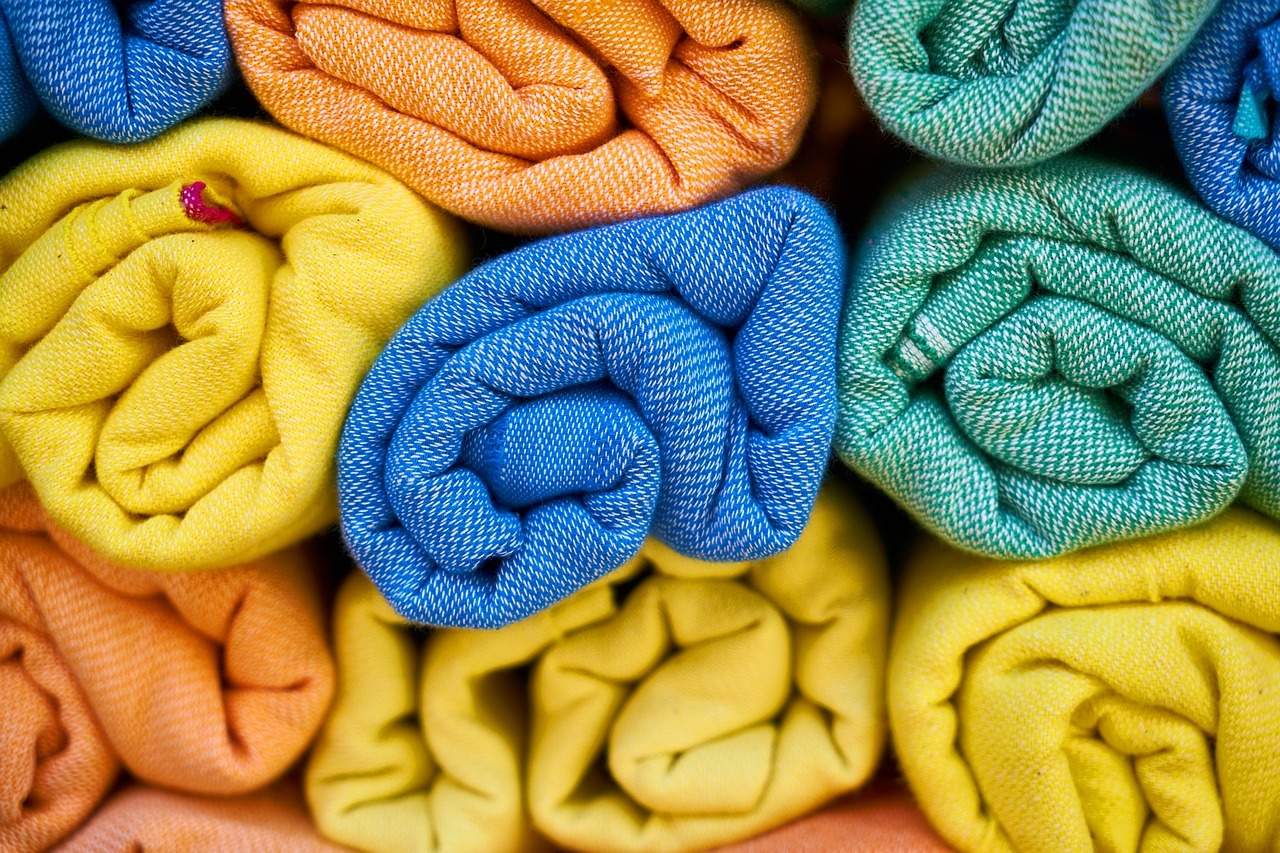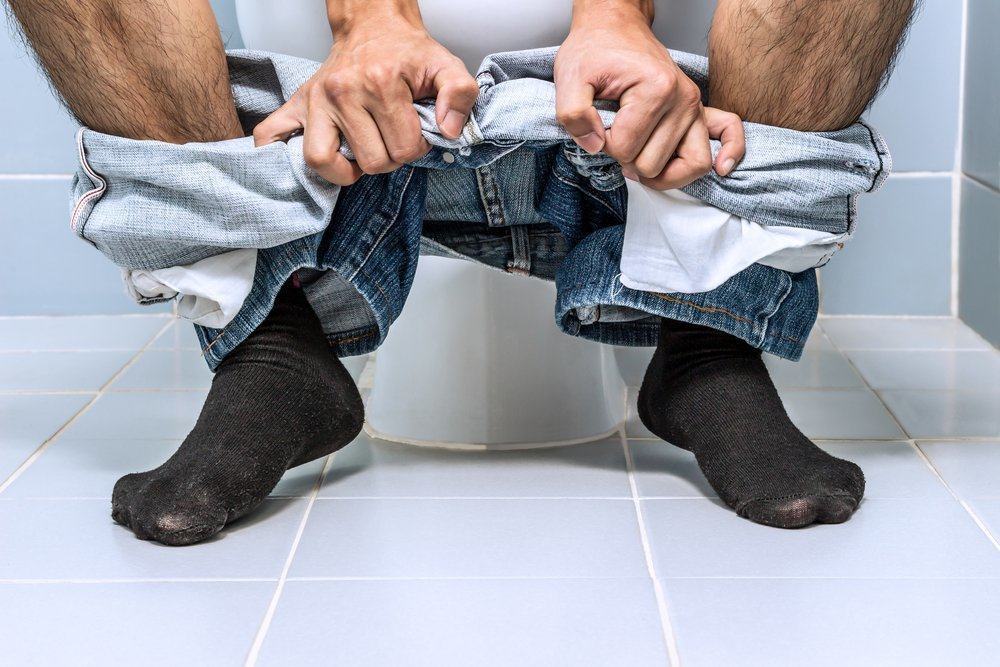Contents:
- Medical Video: How To Survive A Day On No Sleep
- After staying up late can take a nap
- Drink coffee or other caffeine drinks
- Stay in a place full of light
- Move your body
- Avoid multitaskingafter staying up late
- Know the limits
Medical Video: How To Survive A Day On No Sleep
Staying up late at night is clearly not healthy. There have been many studies that prove that staying up late is not good for the health of our body. But what is called school / campus assignments, work in the office, or just social activities with friends sometimes makes us have to stay up late.
In a recent study conducted in South Korea, as quoted Business Insider, people who always stay up late at night will be more at risk of developing diseases related to high blood sugar (which can also trigger several other diseases), compared to people who don't stay up late.
Research published on Journal of Clinical Endocrinology and Metabolism, found that people who stayed up late had low sleep quality and various unhealthy habits such as smoking, sitting habits, and eating late at night. So those who stay up late have high levels of blood fat. Unfortunately, most of those who stay up late are younger or mostly young people.
People staying up 1.7 times more prone to type 2 diabetes and metabolic syndrome, which are a number of symptoms including high blood pressure, high blood sugar levels, and too much abdominal fat and abnormal cholesterol levels, which can occur together and increase the risk of diabetes and cardiovascular disease others. In addition, people who stay up late will be 3.2 times more at risk of developing sarcopenia (muscle weakness) when compared to people who do not stay up late, said Dr. Kim.
But what if staying up late is inevitable, while the tasks and routine activities are waiting for the next day? Some tips below you can do.
After staying up late can take a nap
"An antidote for sleep deprivation, sleep," said Mark Rosekind, Ph.D., a fatigue management expert who also leads the fatigue management program for the National Aeronautics and Space Administration (NASA).
In a study led by Rosekind, pilots in transpacific flights who slept for an average of 26 minutes had a performance deviation of 34% lower and showed signs of drowsiness by half.
David Dinges, Ph.D., chair of the division of sleep and chronobiology at the University of Pennsylvania said, taking a nap for just 10 minutes is beneficial. Your brain will quickly move towards a slow wave of sleep.
However, if you sleep longer which is around 40-45 minutes, you may feel dizzy when you wake up. This is called sleep inertia and occurs when you wake up from deep sleep.
Drink coffee or other caffeine drinks
Coffee or other energy drinks will increase your sharpness. Most people need about 100-200 mg of caffeine, based on their body weight, based on research conducted by Rosekind.
"It takes about 15-30 minutes for you to feel the effects of caffeine and the benefits will taste for 3-4 hours. "In a few hours you still consume caffeine, your performance will be at a good level," Rosekind said.
Stay in a place full of light
Your body will work based on a cycle of darkness and light, so bright light will affect your daily alertness, including after staying up late. However, most people will turn off the lights after staying up late to sleep, even though the lights should still be turned on, or allow the sunlight to stay on on.
"Everybody who gets tired, they often turn off the light," said Dinges. In fact, if you want to stay awake, stay in a brightly lit room.
Move your body
After staying up late, you should always move your body with small exercises or other activities so that your blood continues to flow well. If you exercise, you will make your muscles and brain work well. Even increasing your activity or continuing to chat with other people can increase brain alertness.
"But if you stop your activities or chat, you will feel sleepy again," Rosekind said.
Avoid multitaskingafter staying up late
Your working memory is disrupted after not sleeping because of staying up late. That is, you cannot do many things and remember them in your mind at one time, or commonly called multitasking. A study of 40 young adults who worked for 42 hours showed their memory performance capacity decreased 38%.
Know the limits
You can try to wash your face with cold water or open a window or make your room cooler. You will feel better after bathing and dressing neatly. But there is no way to lie to your body and mind. No matter how strong or fresh you feel, you will still need to sleep normally and that is important.
The good news, after you know the limits of yourself to stay up, when you finally sleep again, you will sleep deeper than usual, with more slow sleep waves.
"It's better to sleep until you wake up by yourself. This means you can sleep 9-10 hours, which is the real recovery from the time you stay up, "said Dinges.
READ ALSO:
- What is the relationship between caffeine and hypertension?
- The duration of sleep needed varies for each age group
- Multitasking is not good!

